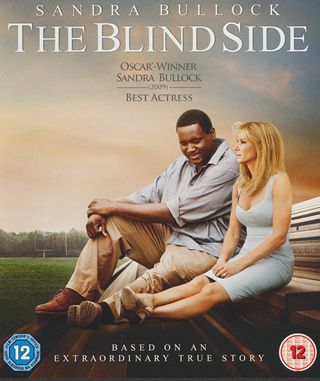2013 — 28 September: Saturday
Since I cannot ever imagine why I should listen for as much as ten seconds to any of the stale pontifications from one of the chattering nonentities that (for reasons I will never even begin to understand, or care about) one might dub the Great and the Good1 on BBC Radio 4 this morning, and since it's still too early for "Sounds of the Sixties", it's back to music for dear Mama's little boy.
While contemplating the undeniable fact that, 39 years ago to the day, Christa...
 Christa in the early morning light, Beaumont, June 1974
Christa in the early morning light, Beaumont, June 1974
... and I said "I do" to some hapless bureaucrat in Maidenhead Registry Office, thus officially obtaining our own more local state blessing / permission to (inter alia) go forth and multiply. Happy Day!
Oh dear!
I only have four of the five Powell & Pressburger films discussed in the most recent batch of BBC Radio 3's "The Essay". I'm currently missing (if that's the right verb) "Black Narcissus". Still, that was the one discussed by young Mr Bradshaw, and I've learned to loathe — and now tend to avoid — his opinions. My loss, no doubt.
Given the opinion...
... expressed a while back by one of my Lovecraftian-inclined chums on the reliability of one ST Joshi:
If you want to sample Lovecraft, read his work. The intro is by Joshi, a well-known Lovecraft expert, pedant and bore. Generally his witterings are of interest only to students and the most diehard Lovecraft nerds.
I wonder what said chum would make of Joshi's own "Unutterable Horror" — reviewed here? Source and (tiny) snippet:
As the world's leading authority on H.P. Lovecraft, Joshi naturally writes enthusiastically and convincingly about that Poe of the 20th century. He argues that, as with Poe, there may be an occasional floridity2 in Lovecraft's stories — a stylistic trait much exaggerated by his critics — but on the whole, they are tightly constructed to achieve maximum emotional effect. To Joshi, Lovecraft is particularly important for his cosmic vision, most strongly delineated in At the Mountains of Madness and The Shadow Out of Time (both 1936). While he didn't actually believe in his Old Ones or Cthulhu, Lovecraft employs them as heuristic devices to drive home the fundamental unimportance of self-important humankind.
I find it amusing to recall that I first met the word "heuristic" in John G Kemeny and Thomas E Kurtz's beautifully-written original instructional book on BASIC, that I picked up in the Pergamon Press "shop" during a residential week in Oxford as an engineering student in 1971, and made good use of on Hatfield Polytechnic's PDP-10, but that's another story altogether. I no longer have that original but was pleased more recently (July 1992) to pick up their 1985 "Back to BASIC" in which K&K examined the history, corruption, and future of this language. And BBC BASIC has been well-ported to the Windows world by Richard Russell, should you care to seek it out.
Should I be...
... flattered to see the Grauniad following in my footsteps? Again. Still, at least their image is in colour :-)
Say what?!
I've just heard a BBC 6Music presenter congratulate his guest Gregory Porter on his "rôle-modelness". Yes, Gilles Peterson, it was you! Shoot me now.
Nearly forgot
I've just slightly incremented the fraction? proportion? of Sandra Bullock in my little stash of videos:
